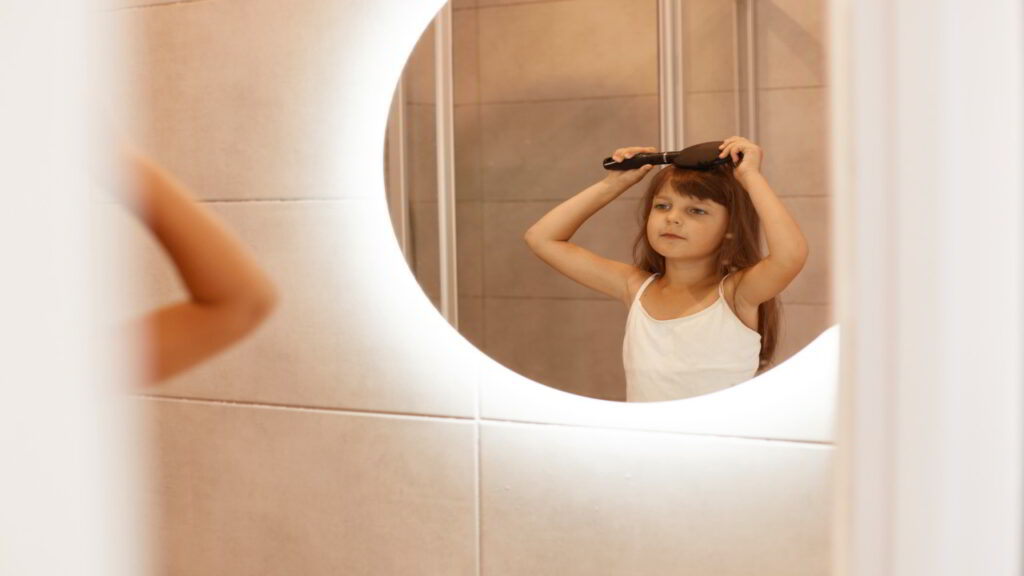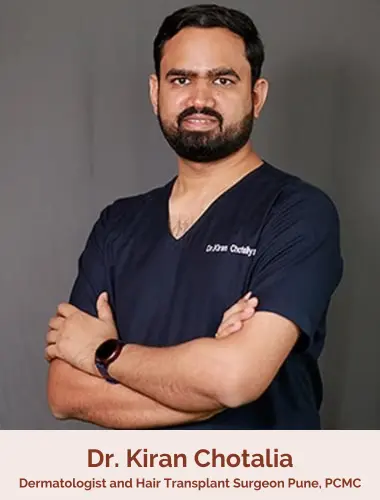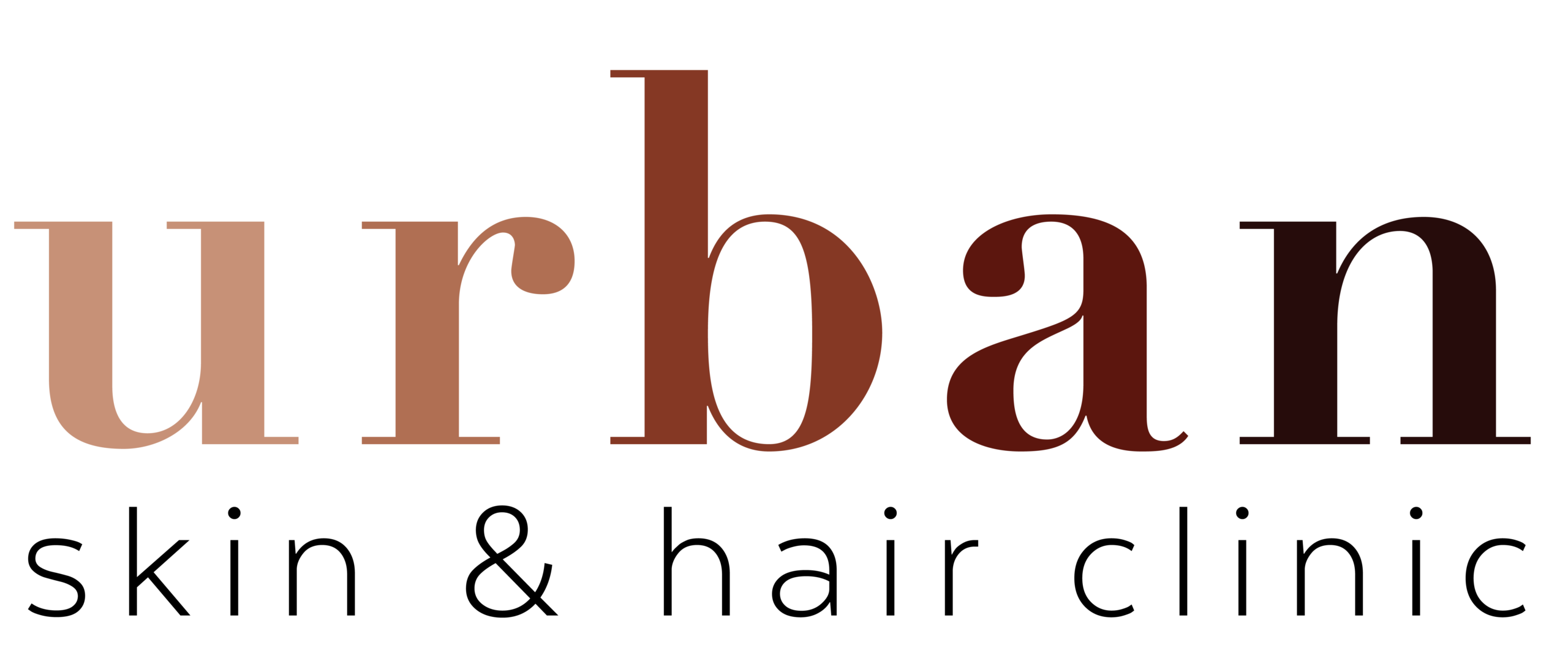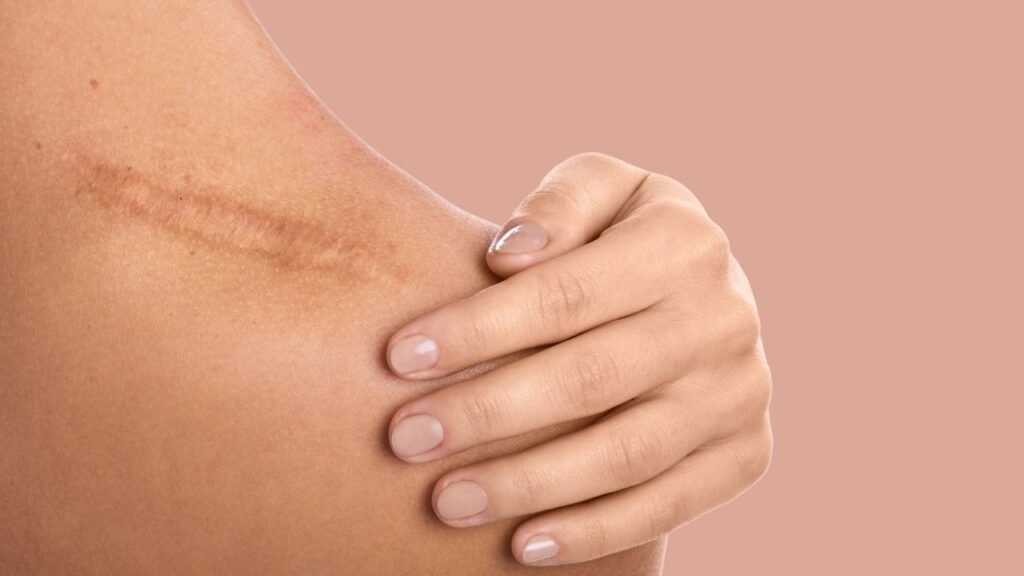How to Prevent Hair Loss for Teenage Guys?

Table of Contents
Hair fall rarely affects men until they are in their mid-thirties or older. However, some guys notice thinning hair or a receding hairline in their teenage years. This could be a sign of approaching baldness. I spotted at the early phase, the hair fall can be stopped.
Besides, hair fall is one of the biggest enemies of your self-esteem and it is crucial to get early treatment.
Let’s learn more about hair loss in teenagers and what you can do about it.
Hair loss During Teenage
Hair fall in teenagers usually begins with thinning hair. This is an early sign of pattern baldness. Reasons for teenage hair fall include:
- Genetic hair loss
Pattern baldness is a genetic hair fall condition, also known as Androgenetic alopecia. The initial stage of this condition is a receding hairline. Next, you will notice bald patches appear near the temples. Slowly, balding happens at the crown. The balding forms in an M, V or, U-shaped curve.
This type of hair loss commonly begins when your enter adulthood. However, for some people, hair fall hits in their teenage. If any of your family members had it, you will likely be affected.
- Alopecia areata
Alopecia areata is an autoimmune syndrome that causes hair to fall out. This condition develops when your immune system falsely affects your hair follicles and causes hair to fall off. You are likely to develop this condition if you suffer from a deficiency of Vitamin D. However, it is not completely proven. This disorder can affect you at older years, teenage or even childhood.
- Nutrient Deficiency
If you suffer from a deficiency of some vitamins and minerals, you will likely face hair fall as a teenager. Deficiency in any of the following vitamins can lead to teenage hair loss:
- Iron
- Zinc
- Vitamin D
- Vitamin B7 (Biotin)
- Vitamin A
- Vitamin E
- Selenium
- Hormonal Imbalance
The androgen or male hormones develop sexual characteristics in men. Testosterone is an example of one such hormone. The production of these hormones is at its highest during the teenage years. They stay as high as you reach your mid-thirties and start slowing down.
A small part of the testosterone is converted into another hormone called DHT. This hormone promotes hair growth on the face, body, and pubic areas. But sometimes, the DHT attaches to the receptors in the scalp follicles and causes hair fall. Since DHT production is most in your teens, you might notice hair fall.
Other common reasons
- Ringworm – causes itchy and scaly patches on the scalp
- Stress and anxiety
- Hairstyling and other chemical treatments
- Medical disorders
- Infections on the scalp
Call Our Specialist
Prevention of Hair Loss
If you suffer from teenage hair loss, take steps to prevent further damage and save your remaining hair. The earlier you start, the easier it becomes to save your hair. There are a few ways in which you can prevent hair loss in your teens:
- Maintain a healthy and balanced diet, infused with foods rich in vitamins that help in hair growth, like Biotin.
- Brush your hair twice every day to ensure blood flow to your scalp.
- Please stay away from styling or exposing your hair to heat as it makes the strands brittle.
- Refrain from any chemical treatments for your hair.
- Clean your scalp with sulfate-free shampoos.
- Do not wash your hair very often.
Treatments for teenage hair loss
Not every therapy will work on teens because of the age element of teenage hair fall remedies and treatments. However, medications, procedures, or a mix of the two may be recommended for teenagers suffering from hair loss.
The following are some tried-and-true methods for dealing with adolescent hair loss.
- PRP Natural hair regrowth and restoration are possible using platelet-rich plasma (PRP), a non-invasive and therapeutic therapy. As far as hair loss treatments go, it’s one of the safest and most effective options.
A centrifuge is used to process a blood sample that has been obtained. Because of centrifugation, the platelets are separated from the plasma and enriched with growth factors rich in protein.
The rich mixture is injected back into the scalp with minimal hair growth (using small needles) to activate the dormant stem cells. This allows adolescents’ natural hair to regrow and be restored. The patient must be at least 18 years old to have this procedure.
- Minoxidil Minoxidil is the drug authorized by the US Foods and Drug Administration for treating female and male pattern baldness, which has been shown to promote hair regeneration. It’s available as a liquid and foam.
It comes with user instructions. They must be followed to avoid adverse effects like the irritated scalp or unwelcome hair growth (if it comes into contact with other areas). Teenagers of both sexes may benefit from this drug.
- Finasteride A medication for men authorized by the US Foods and Drug Administration (FDA) that slows hair loss. It’s critical to follow the dose instructions exactly to avoid unpleasant side effects. Women of any age cannot take this medication. It’s also okay to use it if you’re above 18.
- Oral contraceptives When hair loss is linked to a hormonal imbalance, birth control tablets are prescribed to address the problem while simultaneously treating any existing acne.
- Low-level laser therapy The US Food and Drug Administration has approved LLLT to treat genetic hair loss in both men and women. While it may increase hair density in the short term, there is no evidence to suggest it will have a lasting effect.
Conclusion
Hair fall in teenagers affects their confidence largely. However, most hair fall cases can be reversed with the right treatment. Although, it is always safer to take precaution before it becomes severe. Reach out to us for a consultation with one of our hair loss specialists regarding the treatment and diagnosis of your condition.
Recent Posts
Our Expert Doctors












